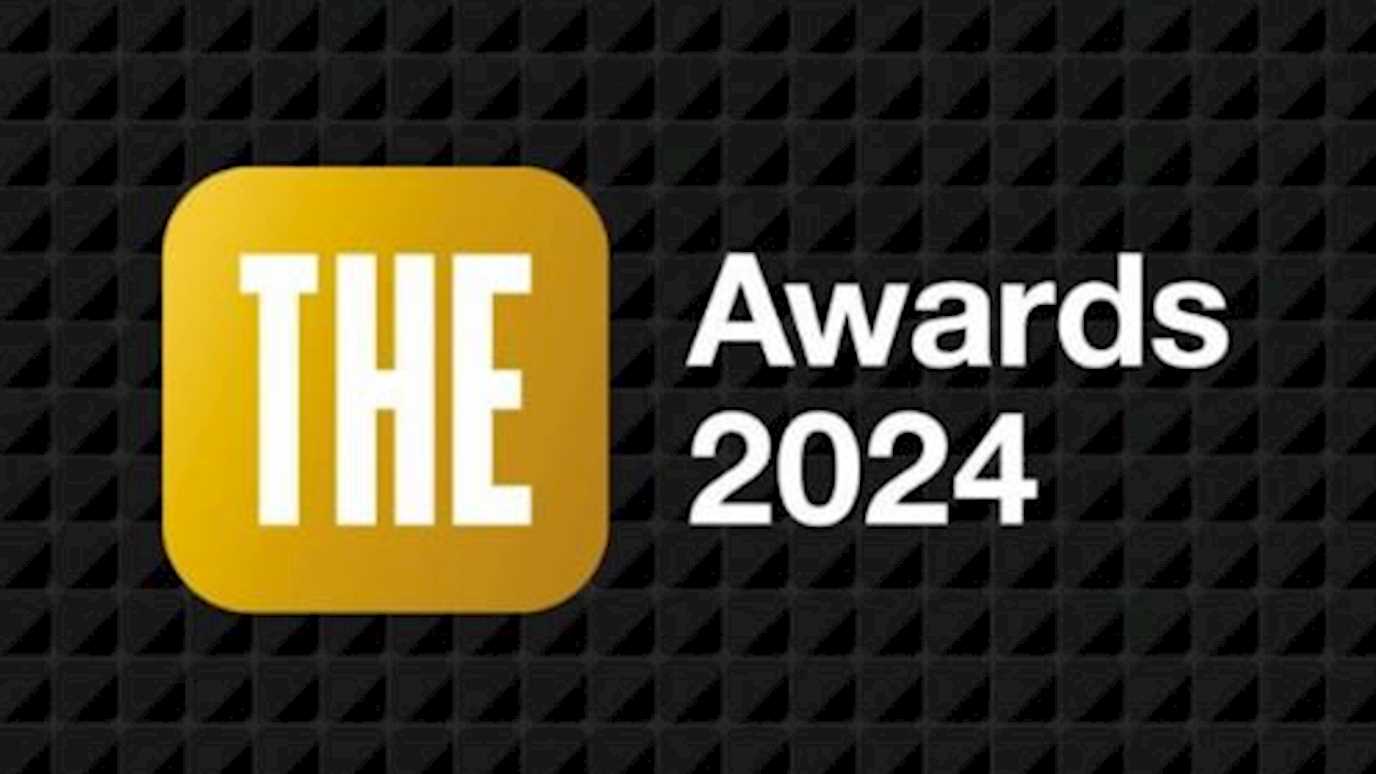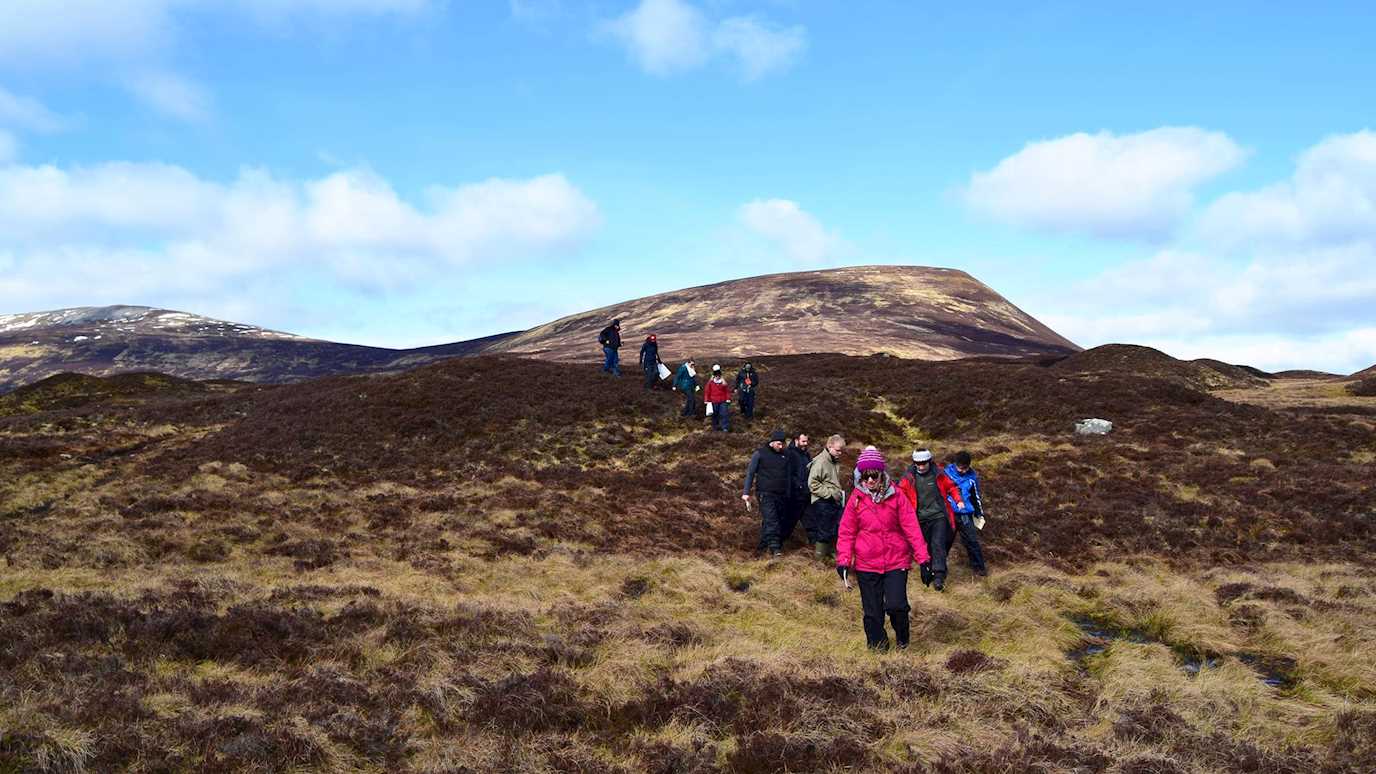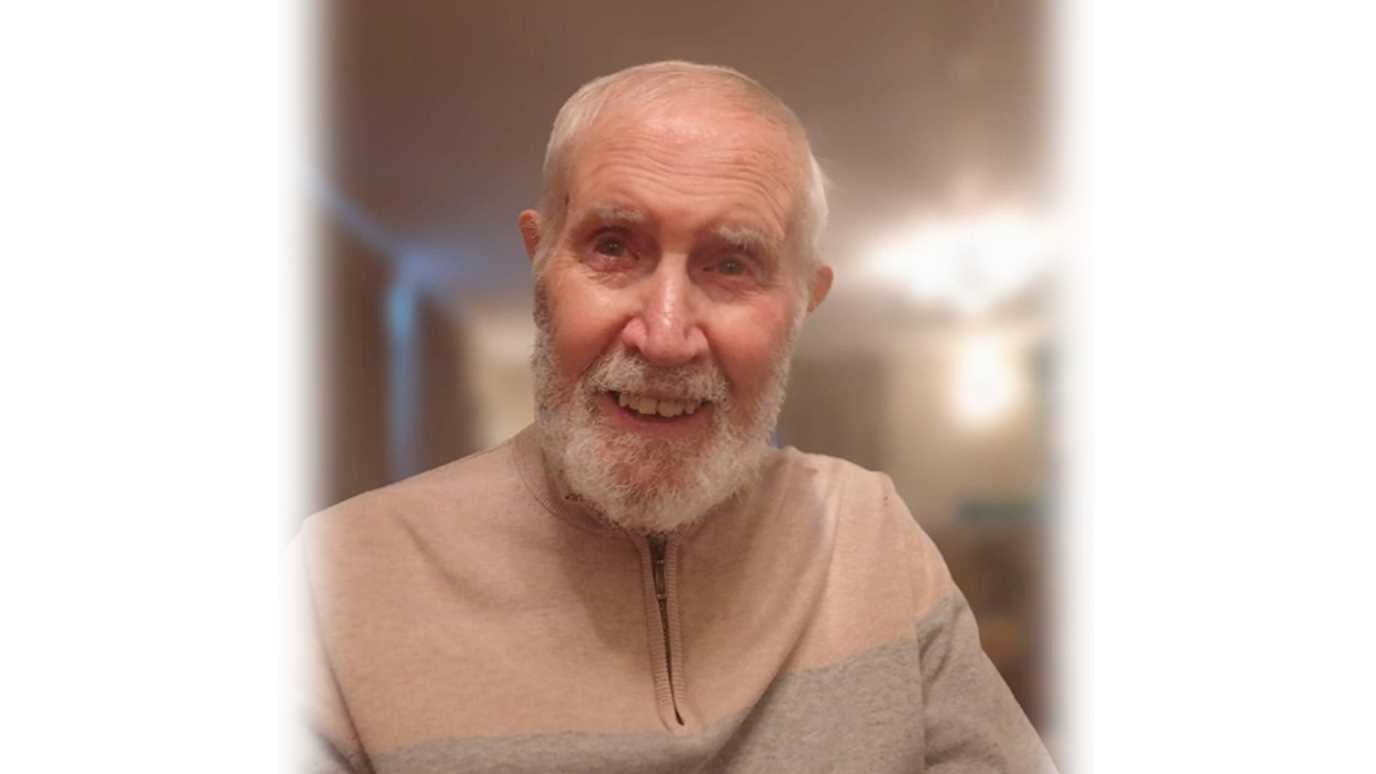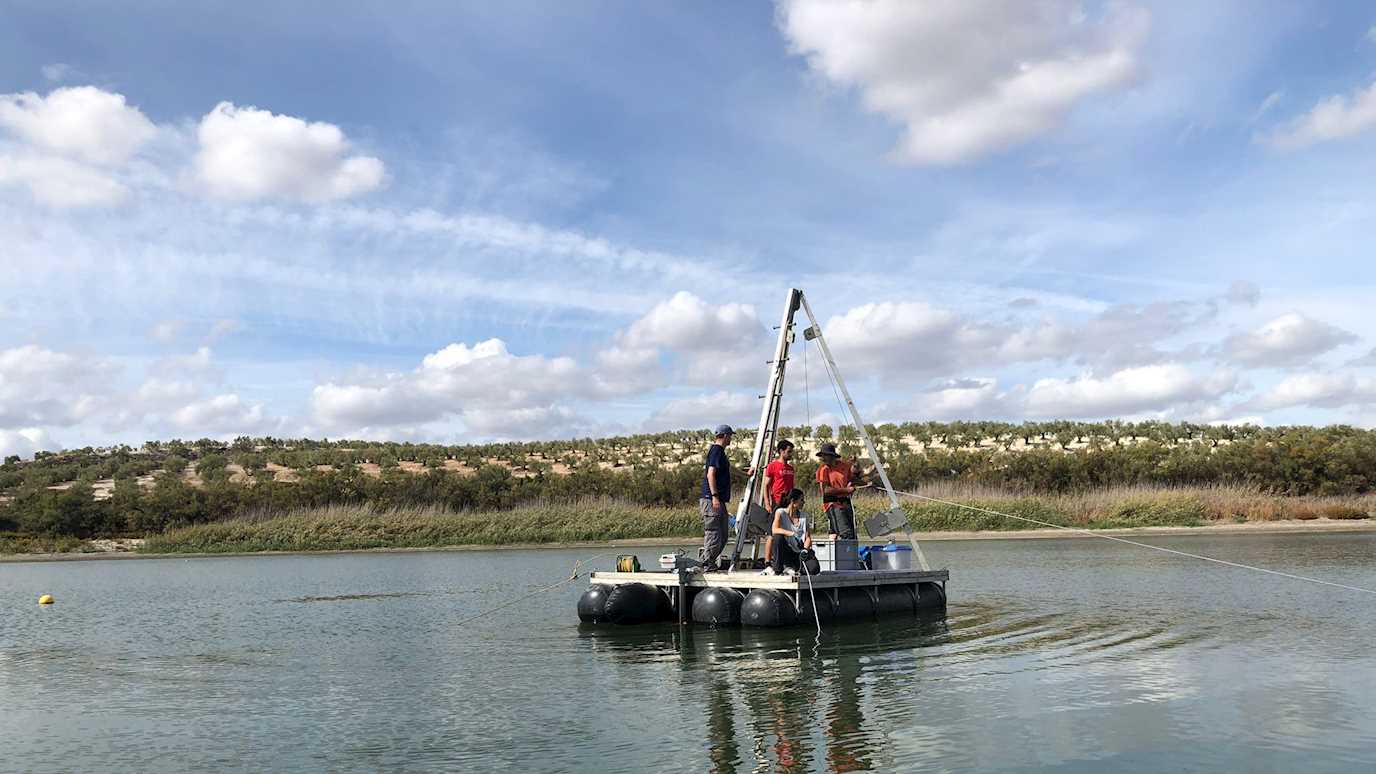A new Royal Holloway study is set to investigate the social and environmental impacts of international trade from Cambodia and Bangladesh to the UK.
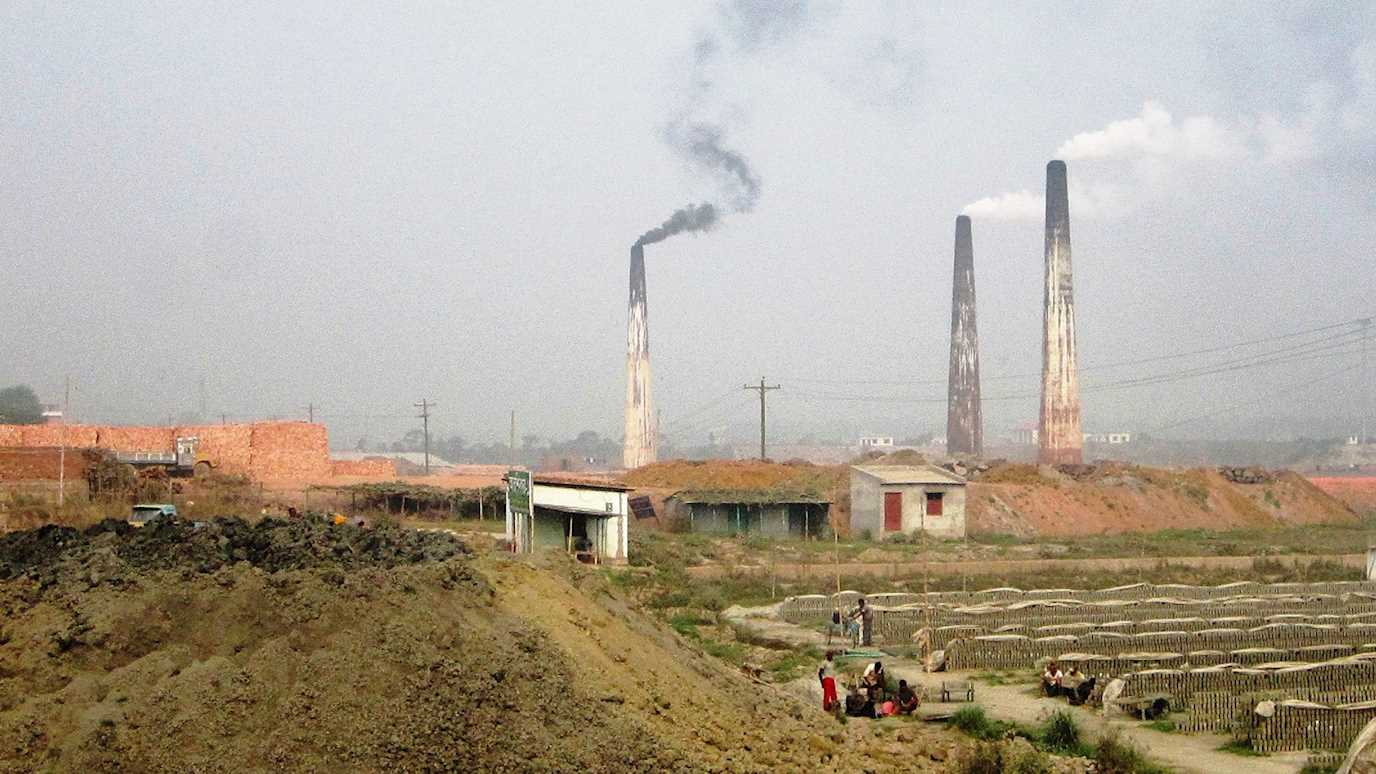
Image credit Thomas Crisofoletti: Tate and Lyle sugar cane plantation.
Dr Laurie Parsons from Royal Holloway, University of London, has received funding to research the impact of the UK's multi-billion pound trade with Cambodia and Bangladesh, in order to exemplify how British trade compounds environmental degradation and abuse of labour rights around the world.
The funding for the new project, ‘The Next Frontier of Climate Policy: Joining the Dots of Bricks, Trade and Embodied Emissions from Cambodia and Bangladesh to the UK’, has been received from the Economic and Social Research Council (ESRC).
The 12 month study will examine the intersections between poverty, environmental sustainability and fragility of livelihoods and will bring together experts in trade and supply chain analysis, embodied emissions and construction, from Bangladesh, Cambodia and the UK, to examine how UK trade exacerbates the human and environmental impacts of disasters such as floods, droughts and heatwaves in the global South.
Funded in partnership with the UK Department for International Development, the project will facilitate experts working with UK government and the global construction industry on the environmental and human impacts of international trade, which also contributes to the global climate emergency. Total funding from the ESRC and project partners amounts to £185,000.
The social and environmental footprint of the UK’s billion-pound trade with Cambodia will be demonstrated by an expanded supply chain analysis which will investigate the environmental and human cost of the clothes we wear, both in terms of local ecological pressures and the UK’s wider carbon footprint.
It will also calculate the emissions embodied in the growing number of bricks imported to the UK from Bangladesh and other countries in the region, where brick production is associated with ‘toxic fumes and atrocious conditions’ (Climate and Clean Air Commission, 2019). This is alongside the growing concerns over the impact of air pollution and massive topsoil harvesting for the brick industry on local people’s ability to sustain traditional livelihoods, triggering mass migration into Bangladesh’s urban centres (Dhaka Tribune, 2019).
Dr Laurie Parsons, a British Academy Postdoctoral Research Fellow from Royal Holloway’s Department of Geography, said the study will highlight the complex international challenges behind climate change.
Dr Parsons said: “Climate change and trade go hand in hand as a multiple threat amongst those experiencing vulnerability and poverty.
“Through this study, we will bring attention to these connected issues of high levels of emissions, local environmental degradation and abuse of labour rights, aiming ultimately towards a completely new policy on the interface of climate change and human quality of life.”
The research study will involve a series of workshops and events aimed at policymakers, construction industry stakeholders and the public, highlighting the growing importance of this phenomenon and it’s concerning implications for sustainable development goals.
This work will build on the achievements of Royal Holloway’s impactful research into converging traumas of modern slavery and climate change in urban development, Blood Bricks: Untold Stories of Modern Slavery and Climate Change in Cambodia, also funded by ESRC-DFID Development Frontiers Research Fund in 2017-2019, the research programme will extend the in-country benefit of those projects.
Dr Parsons has been actively researching Cambodian livelihoods since 2008, and has conducted large-scale projects examining inequalities in Cambodia’s economic development for Transparency International, Plan International, Save the Children, CARE International, ActionAid, the IDRC and the Royal University of Phnom Penh, among others. He is the current Secretary of the Royal Geographical Society Climate Change Research Group.










